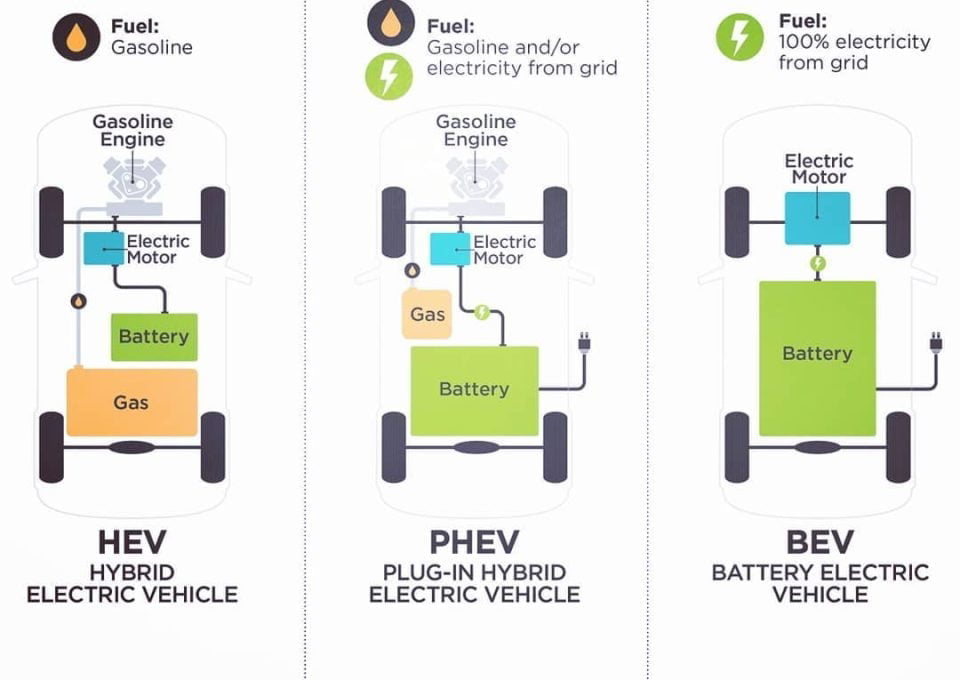Crowdsourcing vs. Outsourcing: A Side by Side Comparison
While there will always be a need for certain types of work to be done either onsite or in a global facility, the market is beginning to fatigue on offshore and outsourcing and looking for new alternatives. Evidence of that point is shown in new research figures released from analyst company Ovum revealing that in 2012 the global market for IT outsourcing services fell to its lowest point in over a decade.Outsourcing and offshoring are no longer regarded as models that deliver a competitive advantage.Corporations are now looking at Enterprise Crowdsourcing (ECS) as an innovative way to impact their business, now that they have realized there are limitations and downfalls with traditional outsourcing models. Let’s look at a side by side comparison:
As you can see from our infographic, there are many differences
between crowdsourcing and outsourcing. Here’s a bit more information
about what ECS offers:
- Global Access – As companies expand their global reach, work is increasingly dependent on having geographical or linguistic expertise. For example, as new devices and applications continue to evolve at a rapid rate, product managers are tasked with quickly determining if the latest mobile app or the newest tablet device works around the globe and what the experience is like for the user in-country. The logistics of testing these devices and applications in specific worldwide locations and in local languages is impossible to achieve in a standard outsourcing model with employees working from center locations.
- 24×7 Availability – ECS delivers constant access to global, qualified workers that have a higher education degree and are often stay-at-home moms, retirees and recent grads looking for flexibility in their schedule and supplemental or secondary income.
- Flexible Workforce – Workloads for businesses are often cyclical and can fluctuate at certain points in the year, or increase based upon customer demands. Take for example state departments of revenues that deal with an abundance of data during tax season – ECS offers flexibility to manage these peak seasons.
- Output Based Pricing – Elasticity is critical to meeting changing workload demands. Businesses ideally want to pay for work returned, not per employee as reducing costs remains a key goal.
- No Overhead Costs – With traditional outsourcing models a location must be established, real estate leases signed and staff must be hired, trained and brought into a physical office location leading to a slow and costly ramp-up time.


